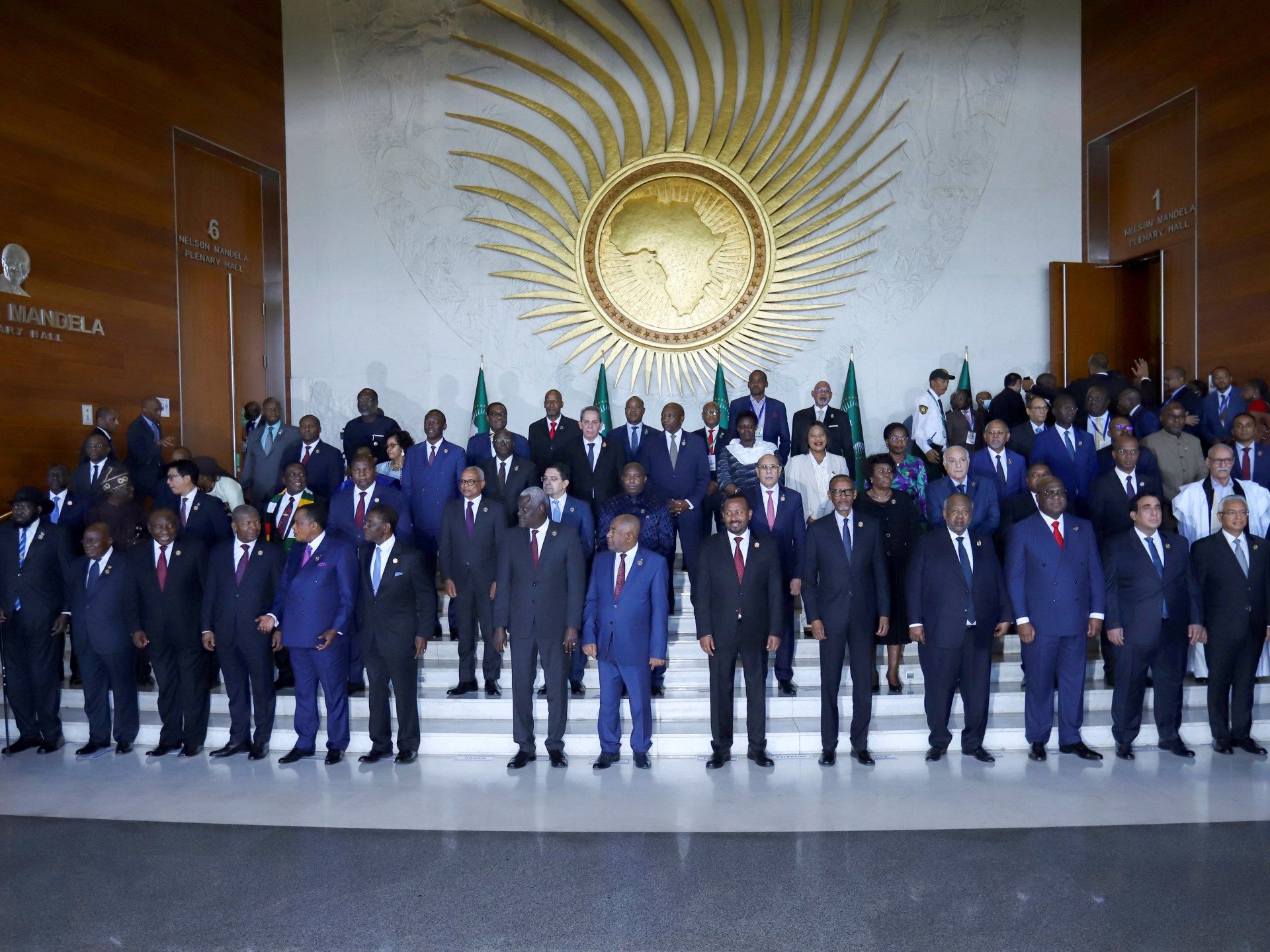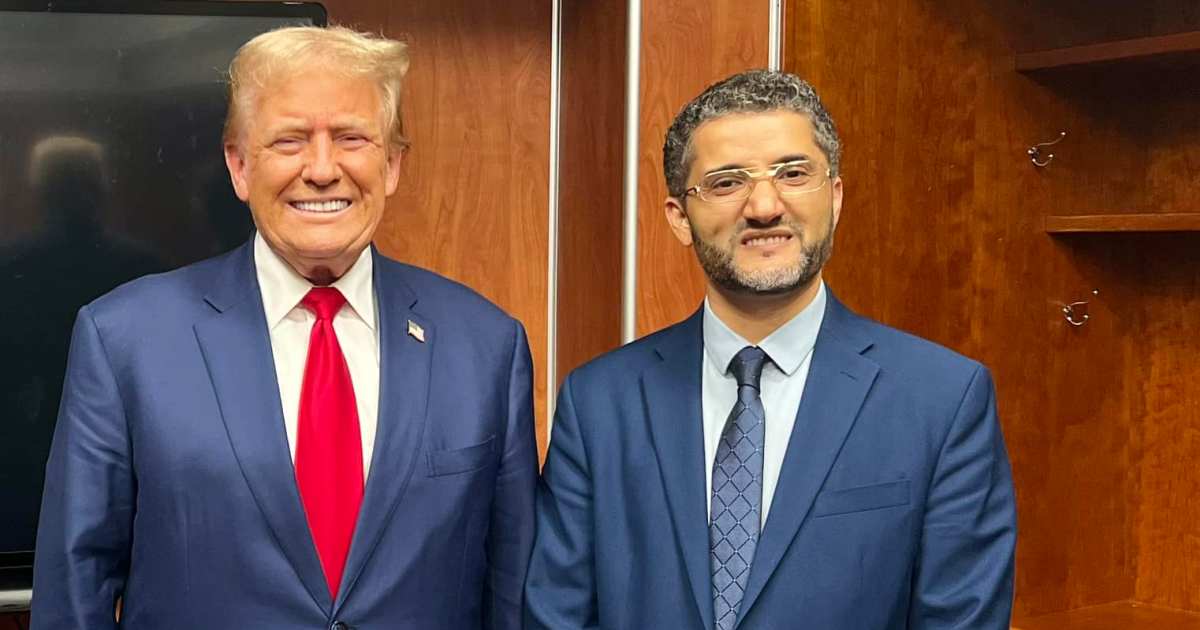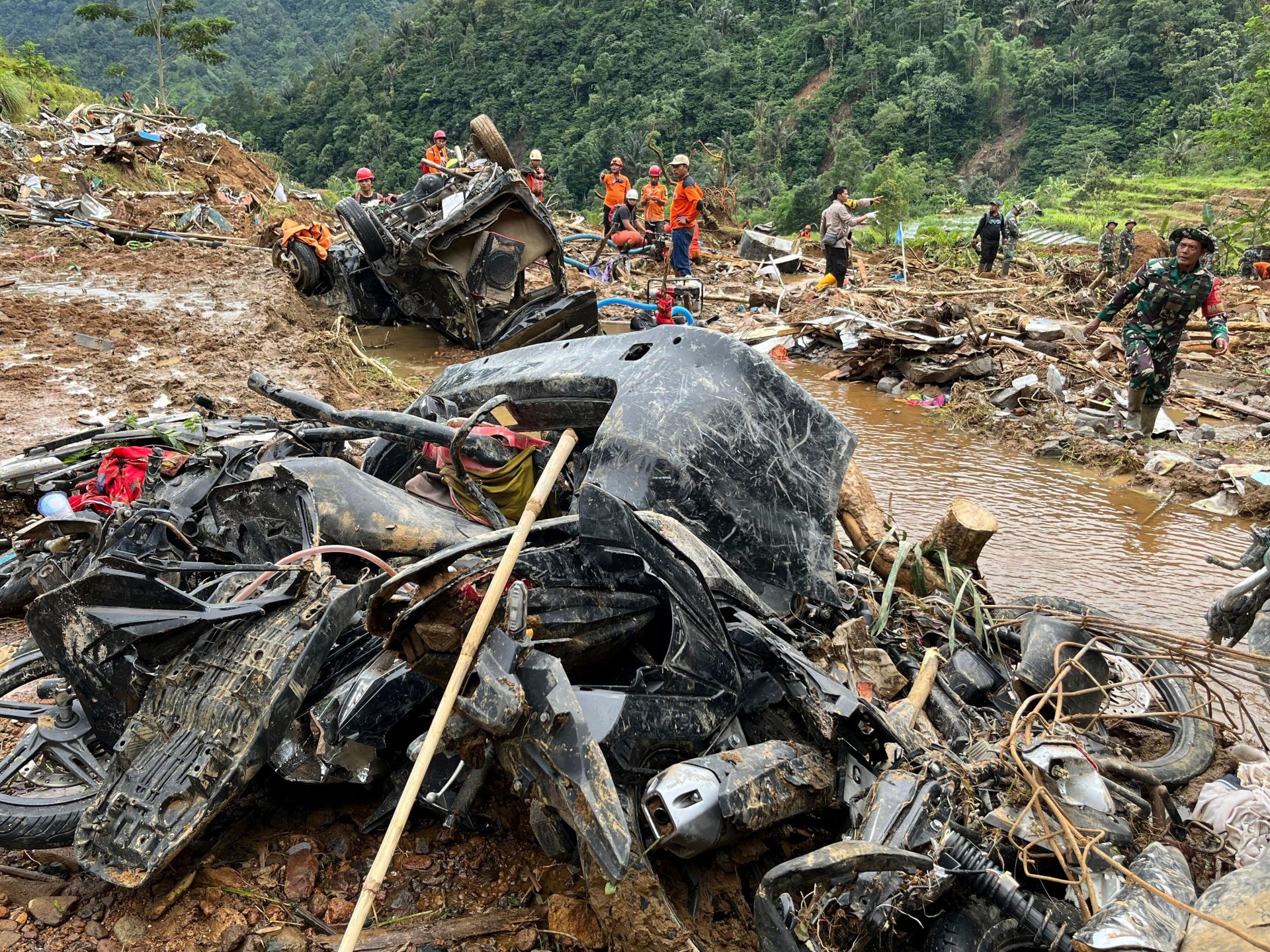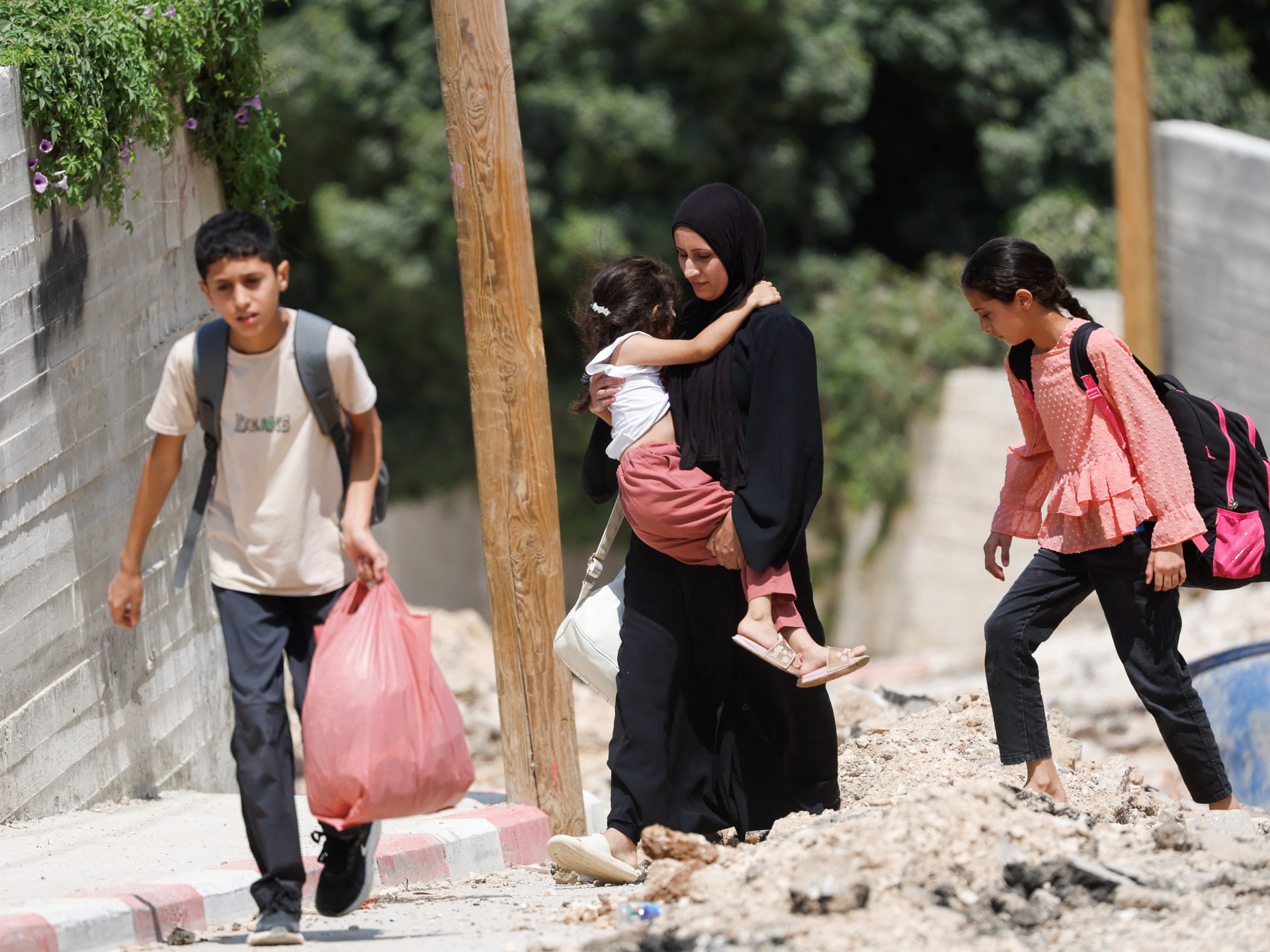At this year's African Union Summit, held on February 17-18 in Addis Ababa, African leaders adopted the Nairobi Declaration on Climate Change, a powerful show of unity in the face of a real threat to Africa.
Alternating droughts and floods have withered or devastated crops and decimated livestock. Hunger is spreading across the continent. In East Africa alone, Oxfam estimated last year that 13 million animals, worth $7.4 billion, and hundreds of thousands of hectares of crops were lost, leaving millions of people without income or food. Our hydraulic engineers have warned that one in five water wells they now dig in East Africa is dry or has water unfit for human consumption without treatment. Too often, they must drill deeper, more expensive and more difficult to maintain wells only to find dry, depleted or contaminated reservoirs.
Faced with the threat of climate change, the unity of African countries is increasingly evident in negotiating forums and deserves to be applauded: the initiative to create an annual African Climate Week, together with the participation of the African Ministerial Conference on the Environment Environment (AMCEN) and the African Group of Negotiators for the COP, all under the leadership of the Committee of Heads of State and Government on Climate Change (CAHOSCC), and with the Nairobi Declaration as the cornerstone of a common African position, will create a solid mechanism. defend the interests of Africans.
The assessment of the Nairobi Declaration significantly aligns with the civil society view, especially with regard to Africa's historically minimal contribution to global warming compared to the substantial burden of consequences affecting lives, livelihoods. and economies. It is positive to note that the Declaration recognizes the key role of local communities in climate action. However, we must ensure that we provide these communities with the resources and protections necessary to address the effects of climate change.
And this is exactly where the Nairobi Declaration falls short.
African countries committed to implementing policies, regulations and incentives aimed at attracting local, regional and global investments in “green growth”. The lack of clarity about what can be considered “green growth” opens the door to a multitude of solutions that prioritize profits over people. For example, corporations can buy large tracts of land to offset their carbon emissions abroad and continue to extract oil and gas – a sadly widespread reality in Africa and elsewhere – to the detriment of small farmers and their environment.
The call for rich countries to deliver on their commitment and increase climate finance is an important ask, but the quality of the finance provided needs to be examined. While donors claim to have mobilized $83.3 billion in 2020, Oxfam estimated the true value of their spending was, at most, $24.5 billion. The $83.3 billion is an overestimate because it includes projects where the climate goal has been exaggerated or loans cited at face value. By providing loans rather than grants, these funds are even potentially harmful rather than helpful to local communities, increasing the debt burden of already heavily indebted countries.
Furthermore, civil society organizations we work with often point out the lack of access and inclusion in existing climate finance mechanisms. In 2022, Oxfam found that only 0.8 percent of organizations that have direct access to international climate finance in the West Africa and Sahel region could identify as “local.” There is still a lack of transparency in taxpayer reporting on how much climate finance reaches the local level and involves community engagement processes; this must change. It is necessary to create small grants that are accessible and manageable for local populations.
The Nairobi Declaration does not comprehensively address the multifaceted challenges that women face. This is worrying. When food is scarce, women tend to eat less and in the end; and girls are the first to be removed from school or married off at a young age, so there is one less mouth to feed. Many have to walk extra miles under the scorching sun, even carrying a child, to fill a jerrycan with water, exposing themselves to safety concerns. The scarcity of resources exacerbates gender violence. A study on domestic violence in East Africa found that as women's wealth increases, the prevalence of domestic violence decreases, possibly due to fewer resource-related disputes.
The Declaration calls on world leaders to establish a carbon tax on transport. But without adequate mitigation strategies, a global carbon tax could disproportionately affect the most vulnerable, further raising the costs of food, medicine and other essential items.
What we need are investments that actually reach out and help people adapt to climate change so they can produce food. IFAD reports that there are approximately 33 million small-scale farms in Africa, producing about 70 percent of Africa's food supply. Despite this, people in rural areas represent 90 percent of people living in poverty in sub-Saharan Africa according to the FAO.
We also need investments in water and sanitation systems that provide people with clean water and hygiene. In southern Africa, only 61 percent of the population in SADC countries has access to clean water, and only two in five people have access to adequate sanitation. This is undoubtedly fueling the recent spread of cholera in Malawi, Mozambique, Zambia and Zimbabwe, where thousands of new cases and hundreds of deaths have been recorded since January.
Africa finds itself at a decisive crossroads. By resisting the quick fixes and death traps offered by the market and putting people at the center of climate action, our leaders have a great opportunity to take a decisive step towards Agenda 2063's aspiration of a “prosperous Africa based on in inclusive growth and sustainable development.” It is by championing equitable access to resources and opportunities that we will build a continent where each individual not only survives but thrives in harmony with the natural world.
The views expressed in this article are those of the author and do not necessarily reflect the editorial position of Al Jazeera.












